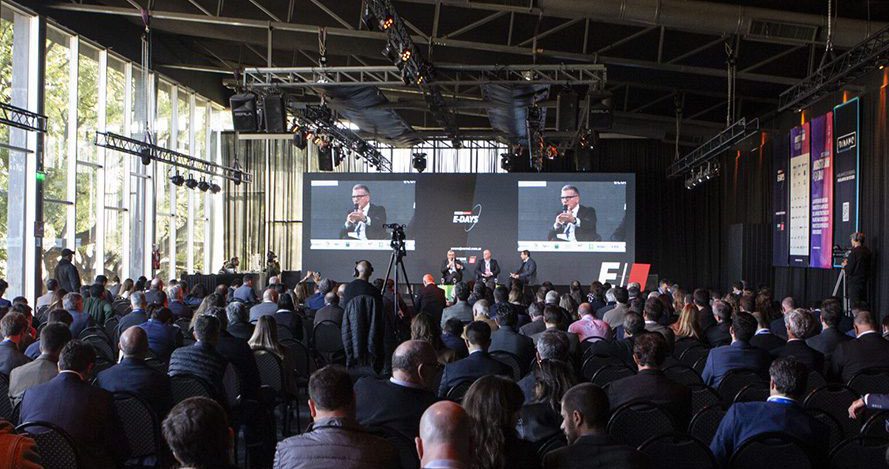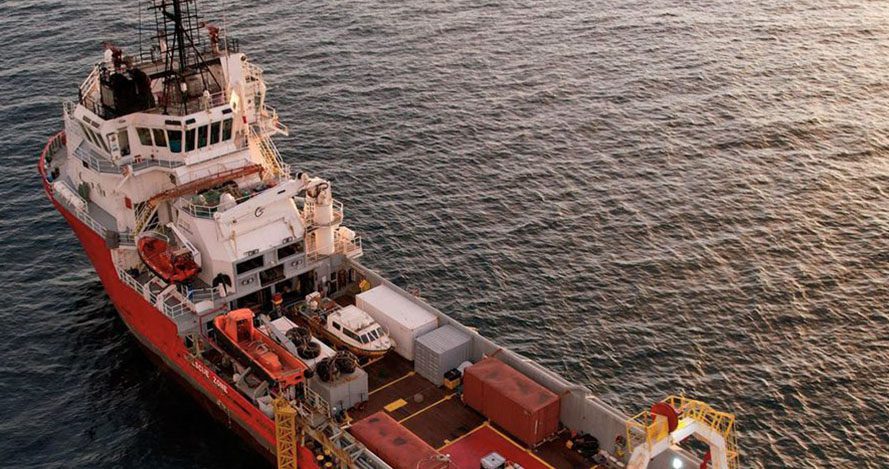YPF and ENI have taken another decisive step toward the development of the Argentina LNG project, signing a new agreement in Rome that reinforces their strategic alliance and outlines joint collaboration across the entire liquefied natural gas (LNG) value chain—from gas production in Vaca Muerta to transportation and liquefaction.
The agreement was signed by Horacio Marín, President and CEO of YPF, and Claudio Descalzi, CEO of ENI, during a formal event attended by Argentine President Javier Milei and Italian Prime Minister Giorgia Meloni. This marks a key milestone in the advancement of one of Argentina’s most ambitious energy initiatives.
Building on the Memorandum of Understanding signed earlier on April 14, the new agreement defines the roadmap toward a Final Investment Decision (FID) expected in December 2025. The project’s first phase includes the production, treatment, transportation, and liquefaction of natural gas using floating units with a combined annual capacity of 12 million tons of LNG.
“We are moving forward very quickly with ENI,” said Marín. “We’re confident that before the end of the year, we’ll reach the final investment decision and bring this critical phase of the project to life—one that’s essential for Argentina’s energy future.”
The initiative involves the deployment of two floating liquefaction units, each with a capacity of 6 million tons per year (MTPY). The first unit is expected to begin operations in 2029, and additional international partners expressing interest in the project will be announced in the coming months.
Led by YPF, the Argentina LNG project brings together a consortium of national and international energy leaders—including Shell, ENI, PAE, and Pampa Energía—across its three development phases. The long-term goal is to export $15 billion worth of LNG annually over a 20-year period, with continuous shipments beginning in 2031.
The Argentine government has designated the project as strategic, emphasizing its importance in a global context where LNG is increasingly recognized as a reliable and scalable energy source. Today, LNG accounts for over a third of global energy trade, and demand is projected to double by 2050.
Following the signing ceremony, company leaders gathered for a private dinner to discuss the next steps toward the FID and explore the broader vision of the Argentina LNG initiative.




